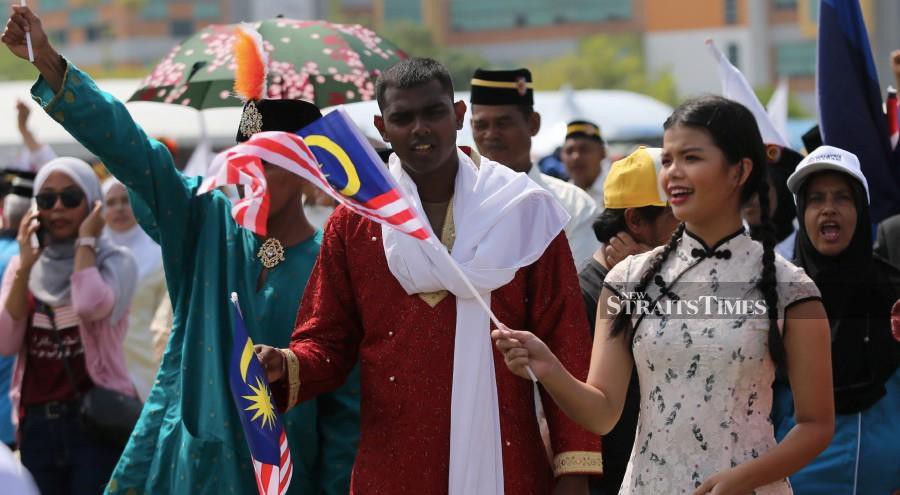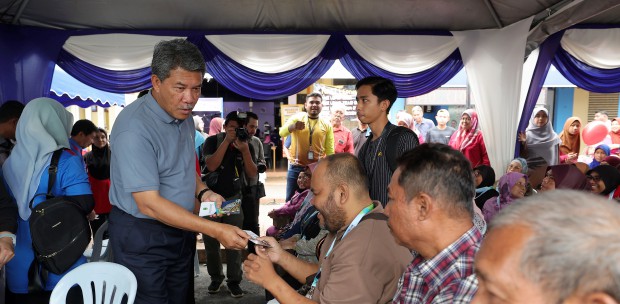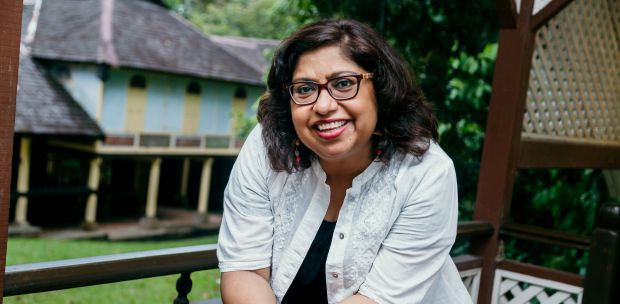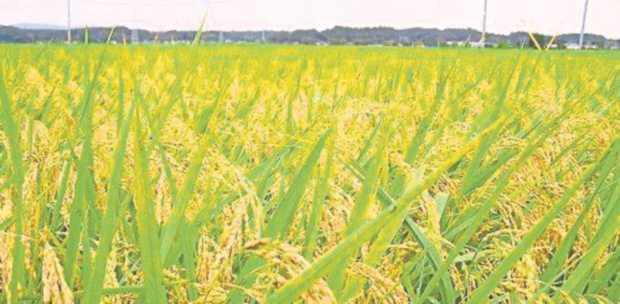I am borrowing phrases I heard much of from my student days in Canada, which is also a multicultural nation.
The North American country likes nothing better than to differentiate itself from its huge southern neighbour.
Thus, it prefers to describe itself as a mosaic, with its population of different languages, religions and ethnicities preserving their identities and calling themselves Canadians.
The United States, in this telling, wants to put every American into a straightjacket as homogenised citizens, its predominantly Anglicised ethos absorbing all into a cultural melting pot.
In distinctive and divergent national scenarios, I suppose we can be categorised more as a mosaic, with our diverse and distinct languages, religions and cultural traits preserved even as we all identify ourselves proudly as Malaysians.
Yet we wrestle with our national identity. In a sense, this is not surprising since, as a nation, Malaysia is only 60 or 66 if we count from the year Malaya attained its independence. But this somehow marginalises the unique set of circumstances we have to come to terms with as a nation.
Whatever Canada or the US prefers to describe itself as, there is no denying both nations' foundational primary building blocks: White, Anglo-Saxon and Protestant (WASP) immigrants from Britain. This core group overwhelmed the North American native peoples so much that it became the dominant political, economic and cultural group in the US and Canada.
Mosaic or melting pot, other groups, even Francophone Canadians and Hispanic Americans, are simply no match for the enduring strength and vitality of their Anglo-Saxon counterparts.
Such is not the case with Malaysia. The dominant native group, the Malays, initially saw themselves as underdogs in 1957. That they were numerically the majority (barely) was a small comfort against the reality of the economically vibrant Chinese, who were to become citizens.
"Protections" were thus built into the original Malayan Constitution, later expanded to similarly cover the non-Malay indigenous peoples of Sabah and Sarawak. These, not unexpectedly, created resentment among the immigrant groups that grew more intense over time.
They came to be derisively described as seeking to create "ketuanan Melayu" even when the economic vitality of the immigrant groups (particularly Chinese) was hardly diminished.
It should, therefore, come as little surprise that the idea of a "Malaysian Malaysia" endures among non-Malays, even if the term itself is no longer used. In any case, I view this as the perception of most Malays.
They, especially the conspiracy-minded, cannot help but look askance at the latest electoral polling numbers suggesting non-Malay support for Pakatan Harapan in the high 80 per cent.
To be sure, some of this high percentage of non-Malay PH voters are simply scared off by the more extreme and ill-advised political campaign rhetoric of the opposition.
Equally, it must be asked, though, if there are a bit more irrational fears of the Islamic religious right than there are of the religious right more generally.
Is it not also shown that some Malays, especially younger voters, are swayed not so much by a more religiously conservative streak as by an idealistic impulse for good governance?
As we reflect on this National and Malaysia Day Month, it behoves us to be more deeply introspective and resist the urge to cast blame and aspersions on "the other" among us and instead to see if our own actions and utterances play any role in shaping or at least affecting perceptions held by others.
Above all, we all collectively must return to the wisdom and consensus that shaped our founding fathers as they crafted our Constitution with its enduring compromises and give-and-take designed to withstand the passage of time.
The writer views developments in the nation, region and wider world from his vantage point in Kuching
The views expressed in this article are the author's own and do not necessarily reflect those of the New Straits Times






